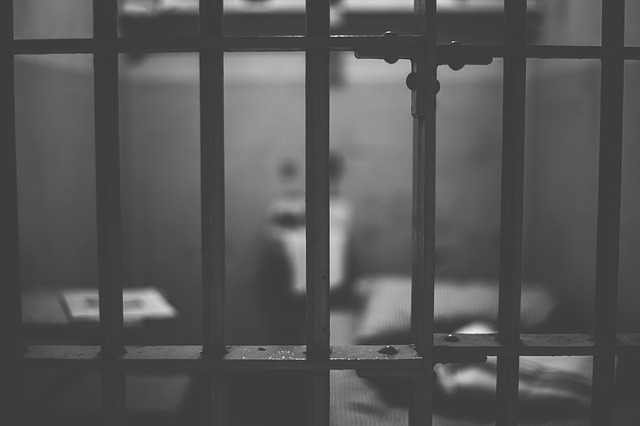The government and the House of Representatives (DPR) have agreed on a draft revision to a law governing corrections that would make it much easier for corruption convicts to gain early freedom from imprisonment.
The government, represented by Justice and Human Rights Minister Yasonna Laoly, who heads the country’s correctional system, discussed the draft revision to Law no. 12/1995 on Corrections with members of the DPR yesterday.
As reported by Kompas, one of the main subjects of the discussion was the revocation of Government Regulation (PP) no. 99/2012 on Procedures and Requirements to Fulfill Inmates’ Rights, which stipulates that more stringent measures be taken in considering sentence remissions and parole for convicts of extraordinary crimes, such as drug trafficking and corruption, as compared to ordinary crimes.
Under PP no. 99/2012, corruption convicts may only be considered for remission should they aid a graft investigation as a “justice collaborator”, which essentially means acting as a cooperating witness against other suspects, and only be eligible for parole should they receive a recommendation from the Corruption Eradication Commission (KPK).
If revoked, then remission policies for convicts of extraordinary crimes revert back to PP no. 32/1999, which do not contain those stricter requirements. The draft revision is expected to be put forward for a vote at a DPR plenary session in the near future and it doesn’t seem like it would be met with much opposition at this point.
There have been several government attempts to revoke PP no. 99/2012 in recent years, with the Justice and Human Rights Ministry often justifying its removal on the grounds that Indonesia’s correctional facilities are desperately overcrowded.
However, in those instances, anti-corruption activists argued that any attempt to revoke PP no. 99/2012 would represent a lack of commitment by the government to eradicate endemic levels of corruption in Indonesia.





Reader Interactions